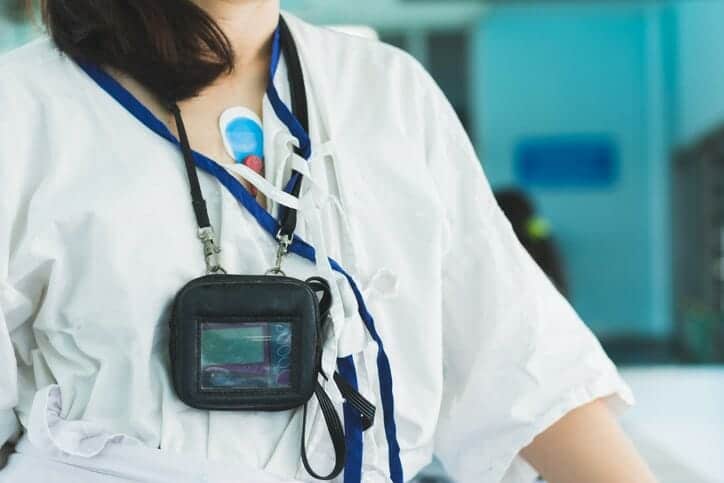3 Things Students in Medical Lab Tech Courses Need to Know About Holter Monitors
January 12, 2018
Completing a Medical Lab Assistant / Technician program opens up a world of opportunity. You can work in a variety of different settings, including hospitals, research labs, veterinary laboratories, and doctor’s offices. You’ll also be qualified to take on a number of different roles and perform a number of different duties, from processing specimens to preparing worksheets. In fact, your career might even include working with Holter monitors under the direct supervision of a physician or other healthcare professional.
What does this task entail, and why could it be an important part of your career after graduation? Read on to find out!
Grads of Medical Lab Technician Training Know Holter Monitors Record Heart Rhythm
Part of what makes completing medical lab technician training so rewarding is that it allows you to take on an important role within the healthcare system. As a trained professional, the work that you do can greatly help doctors and other healthcare professionals get the information they need to make an accurate diagnosis, and determine the most appropriate care needed.
This is certainly the case when it comes to Holter monitors. Holter monitors are small portable devices approximately the same size as a deck of cards, which use small electrodes to measure the electrical currents of a client’s heart as they go about during their normal daily activities.
In most cases, a client will wear a Holter monitor for 12 to 48 hours, depending on the nature of the test. During this time, they are encouraged to perform their regular routine as faithfully as possible, recording any symptoms they may experience in a diary so that their doctor can later compare these reports to the information provided by the Holter monitor.
Clients Need to Be Careful When Wearing a Holter Monitor
While clients are encouraged to go about their daily routine as much as possible while wearing a Holter monitor, grads of medical lab tech courses know there are some important exceptions they need to be aware of. Contact with water can damage a Holter monitor and affect results, which is why clients should refrain from showering or swimming while wearing a Holter monitor. In addition, they should stay away from x-rays, metal detectors, and high-voltage areas while wearing a Holter monitor.
Doctors Can Request This Test for a Variety of Reasons
There are a number of different reasons why doctors might want one of their patients to wear a Holter monitor. To begin with, several heart problems might only happen from time to time, and therefore might not show up during a regular ECG test. Given that Holter monitors are portable, and record heart activity for a longer period of time, Holter monitors can be well suited to uncovering issues that occur intermittently.
Through a Holter monitor, doctors can determine if a client has a fast, slow, or irregular heartbeat. In addition, Holter monitors can help doctors determine whether a current medication or treatment is working effectively. Because of the wealth of information a Holter monitor can provide, and because Holter monitors are both portable and non-invasive, they are seen as a valuable tool for obtaining crucial information.
Would you like to learn more about Holter monitors in our medical laboratory technician program?
Contact Medix College to get started!




